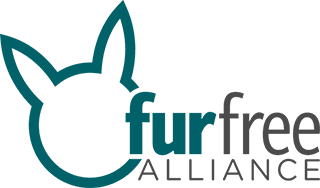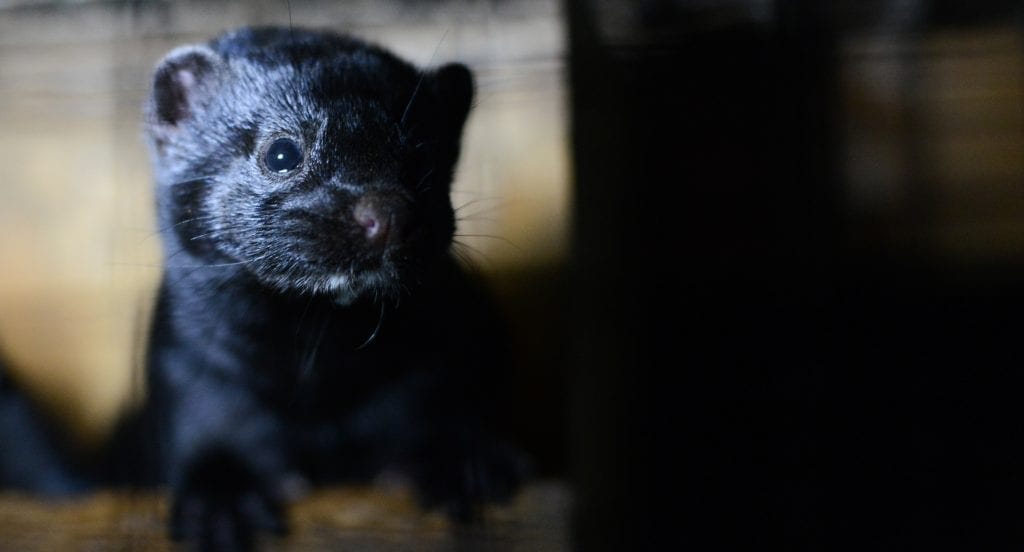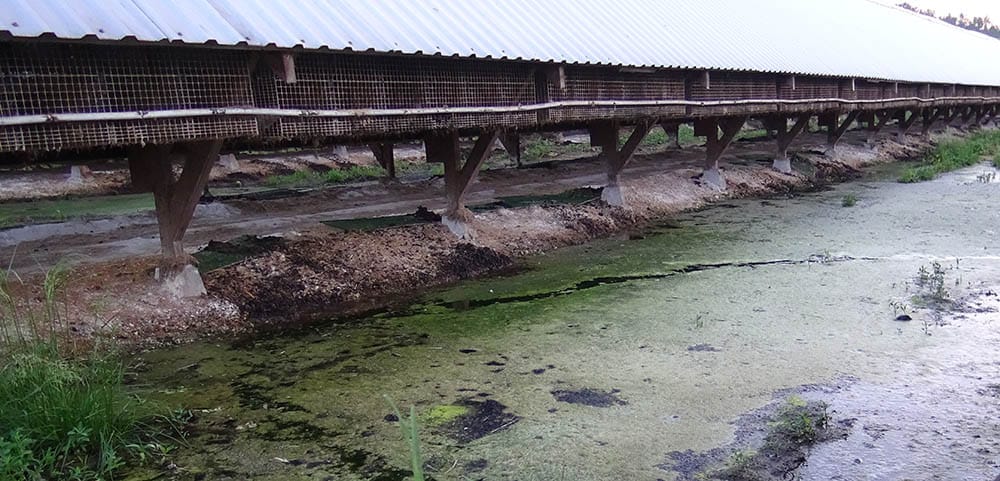
Bulgarian politicians propose bill to end fur farming
SOFIA, 28 SEPTEMBER 2019 – Early this month, a bill was introduced in the Bulgarian Parliament to amend the Veterinary-Practice Act, aiming to prohibit raising, breeding, and killing animals for the production of fur. The proposal includes a transition period until 01.01.2021, after which the ban on fur farms takes full effect.
In Bulgaria these farms are currently two and employ roughly 40 people. Since they began, the farms have had been operating at a loss and have paid no taxes to the state. At the same time, hundreds of thousands of minks have been killed.
Mihail Hristov, the leading MP of the 13 MPs who signed and tabled the bill, stated:
“This bill is a moral one above all. It’s just not right for an animal to spend 7 months – actually its entire life – in a cage and to be killed just for its fur. There was a very nice thought that animals are the largest majority in the world, but sadly with no right to vote.”
If the bill is passed, Bulgaria will join the ranks of the currently 14 European countries that have already decided to put an end to fur farming – Germany, Switzerland, the United Kingdom, Norway, Belgium, the Netherlands, Austria, the Czech Republic, Croatia, Serbia, Bosnia and Herzegovina, Northern Macedonia, Luxembourg and Slovenia.
Petya Altimirska, campaign lead and chairman of Bulgarian animal-protection organisation CAAI, elaborates on the proposal:
“The main argument for implementing the ban is related to the need for our country to pursue a consistent animal-welfare policy and to limit the extent of animal cruelty, in line with European best practices. Particular attention is also paid to public attitudes, as well as to the fact that last June a National Citizens’ Initiative, requesting a ban on fur farms and signed by over 51 thousand citizens, was submitted to Parliament.”
The bill includes a definition of “fur” as “the skins of animals that are farmed and/or bred for the purpose of producing fur and are not used for human consumption”.
In Europe mink, foxes, chinchillas, and raccoon dogs are still bred for fur. European legislation has banned the import and sales of cat and dog fur as of 2007. What politicians need to think about is precisely the lack of moral justification for killing dogs and cats for fashion, while allowing the same to be done with other fur-bearing animals, according to proponents of the ban.
The motives behind the bill are given in 15 pages, outlining essential facts and arguments for adopting the ban.
CAAI’s chairman continues:
“The main arguments are moral and ethical – the suffering and cruelty inflicted on animals during their whole lives and gruesome deaths on these farms, as well as society’s disapproval of these cruel practices. Although they are born and bred in cages, these animals are essentially wild. Even if existing welfare requirements are met, keeping wild animals in tiny wire cages their entire lives cannot possibly satisfy their needs.”
The life expectancy of animals on fur farms is 7 months, with the exception of breeding animals, who live no more than 4 years. The killing methods are selected in order not to damage the animals’ fur – gas chambers for minks and chinchillas, oral-rectal electrocution for foxes and raccoon dogs. The argumentation for the ban cites expert and regulatory texts that show a number of inconsistencies in existing animal husbandry systems with the animal welfare requirements. Even when meeting requirements, however, fur farms remain problematic. Petya Altimirska of CAAI explains:
“The cages where farmed mink are kept measure four A4 sheets of paper in size. Throughout their whole lives, these animals touch nothing more than the walls of their cage. They are fed once a day. Their movement is very restricted. They are deprived of any opportunity to express their natural behaviour (hunting, hiding in burrows, swimming, digging, etc.). As a result they develop stereotypical behaviour – behavioural disorders expressed in constant repetitive movements, fur-chewing, self-harm, aggression, and even cannibalism.”
The ban is also justified by the argument against raising and killing animals for a purpose that does not satisfy essential human needs. Most fur is used for decorative collars, fur trims for shoes, bags, jackets, and fashion accessories. Traditional fur coats are no longer a means of surviving the cold, but a specific luxury item available only to a select few.
Attention is also drawn to the rising anti-fur tendency of the global fashion industry. Currently, over 1020 fashion designers and brands have turned their backs on real fur – mainly out of ethical and ecological reasons. The economic and financial analysis, attached to the argumentation for the ban, shows the lack of economic prospects, a decline in production, and a fall in the prices of raw fur both at European and global level. National bans and the refusal of the fashion industry to use fur are already making this type of business unprofitable and disreputable.
The European Bank for Reconstruction and Development (EBRD)’s position is a clear indication of the poor image, instability and environmentally harmful nature of fur production. The EBRD’s updated Environmental and Social Policy, released in April 2019, states that The European Bank for Reconstruction and Development ceases to fund activities related to “animal farming for the primary purpose of fur production, as well as any activities related to the production of fur”.
The argumentation also draws attention to the benefits to public morality, stating that trends in legislation that deter and prohibit cruel animal practices will have a positive effect on public morality, given the proven fact that animal cruelty is related to other forms of violence and aggression in society.
Last but not least, the argumentation addresses the harmful effects and risks associated with fur production related to soil, water, and air pollution, the threat to biodiversity, the threat to the health and livelihoods of local communities, and the economic losses of dealing with all these damages. The bill and the argumentation are also accompanied by a preliminary impact assessment, which is not mandatory when tabled by MPs, but would be useful in thoroughly acquainting the MPs with the issue.
64 Bulgarian organizations have come forward in support of the ban.






